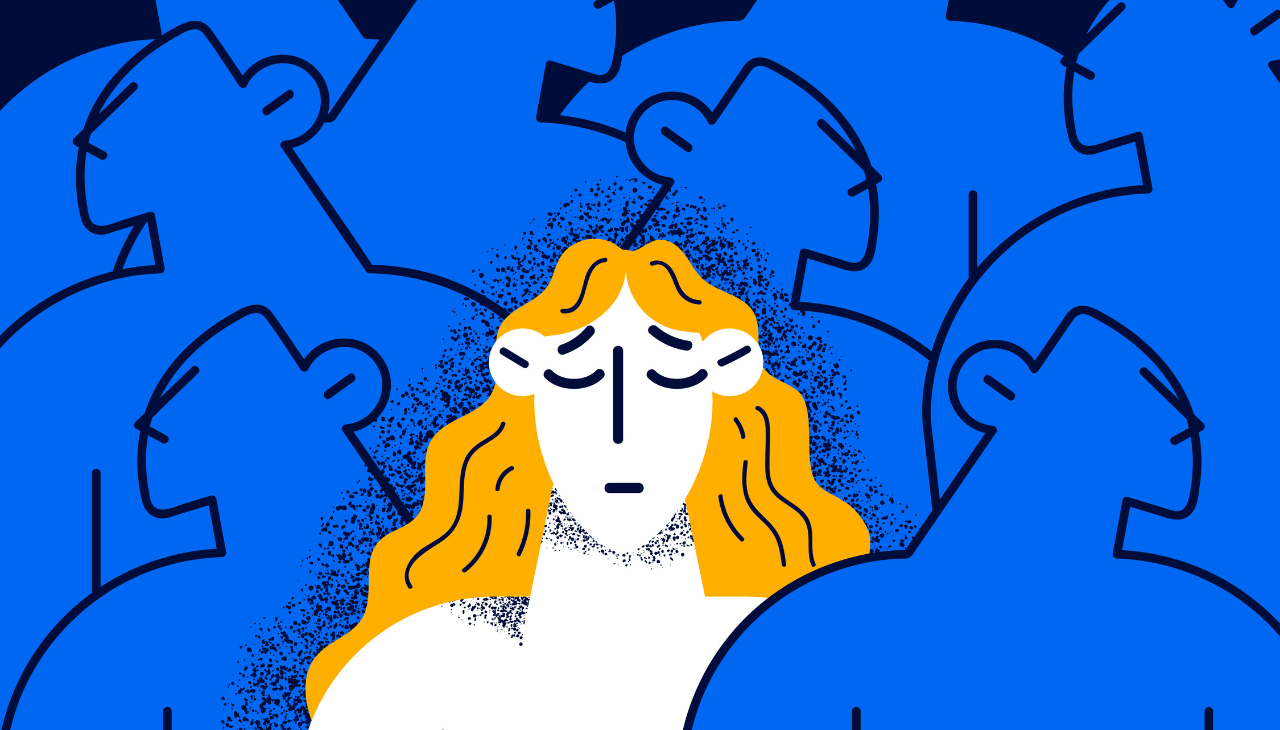
New survey shows academic stress continues to affect young people
Eighty-three percent of respondents confessed to feeling stressed by academic demands at least once in the past year, and 9% intentionally injured themselves.
New research suggests stress, burnout, and exhaustion are impacting more younger people, and an alarming 18.8% of high school students had considered suicide and 8.9% attempted one in 2019.
Amid the Mental Health Awareness month of May, EduBirdie, an all-in-one website for all student needs, has surveyed 5,274 college students in the U.S. to understand their current mental health state.
It is paramount for students to understand whether or not they are experiencing burnout— academic burnout can appear in various forms, such as exhaustion or energy depletion, reduced professional effectiveness, increased irritability or anger, high frequency of illness, and inability to meet important deadlines.
The survey results show that 83% of respondents reported feeling stressed due to academic demands at least once in the past year—14% felt “being on edge,” and 9% intentionally injured themselves.
“Over three-quarters of college students have experienced struggles in the past years and while alarming, it’s not surprising. Imagine trying to handle that never-ending pile of papers with the stress of a recession and ever-growing student debt hanging over you,” commented Avery Morgan, Chief Communications Officer at EduBirdie.
The negative consequences of academic burnout are changes in appetite or sleep habits, feeling helpless and hopeless, isolation, and a negative outlook. The survey also reveals that 31% of respondents said academic stress hurt their relationships with friends and family, and 61% had experienced anxiety and sleep problems because of academic stress.
“Then there’s digital burnout — the mental exhaustion and anxiety that results from being glued to technology 24/7, writing essays, studying for exams, and watching others enjoy their lives through social media… We attend college to expand our minds, not to overburden them. Students, such struggle is not normal, but talking to someone is! If your workload is weighing you down, talk to your friends, your parents, your professor, or your counselor,” added Morgan.
RELATED CONTENT
However, academic stress is often overlooked and diminished by the poor school and life balance, which pushes students to avoid discussing mental health struggles. The Chronicle of Higher Education report found that 32% of students feel unable to discuss mental health issues impacting their coursework.
“More and more students in distress are knocking on the counseling center’s door, putting constant pressure on practitioners to respond,” said The Chronicle of Higher Education in the report. “The phenomenon, familiar on campuses across the country, has been well documented. Long wait lists for therapy. Immediate referrals off campus with no follow-ups. Students with unmet needs. Colleges may find the money to hire additional counselors, only for demand to quickly exceed supply once again.”
Students in a volatile state require tangible solutions, and The Chronicle of Higher Education mentions, “Not all that long ago, they weren’t even true mental-health facilities.”
The EduBirdie survey reveals that 48% of respondents missed classes or pretended to be sick because of academic stress, and 89% said they lack quality time for studies and feel overwhelmed.
“At EduBirdie, we’ve set ourselves an important assignment: Drawing attention to the issue of academic burnout and encouraging change to ensure every student has time to study, sleep and socialize during what should be the best years of their lives,” Morgan concluded.











LEAVE A COMMENT:
Join the discussion! Leave a comment.